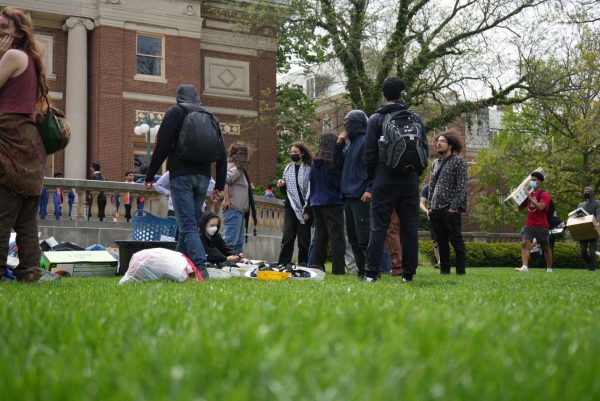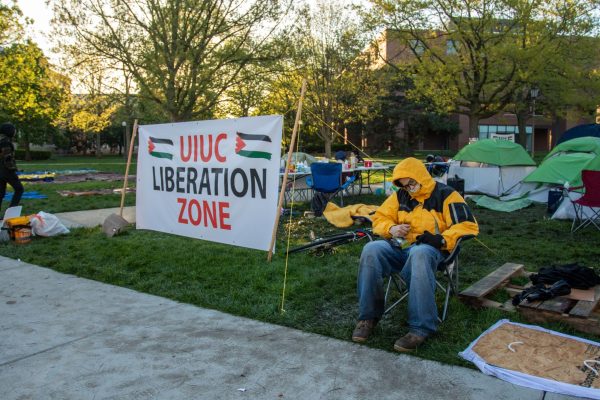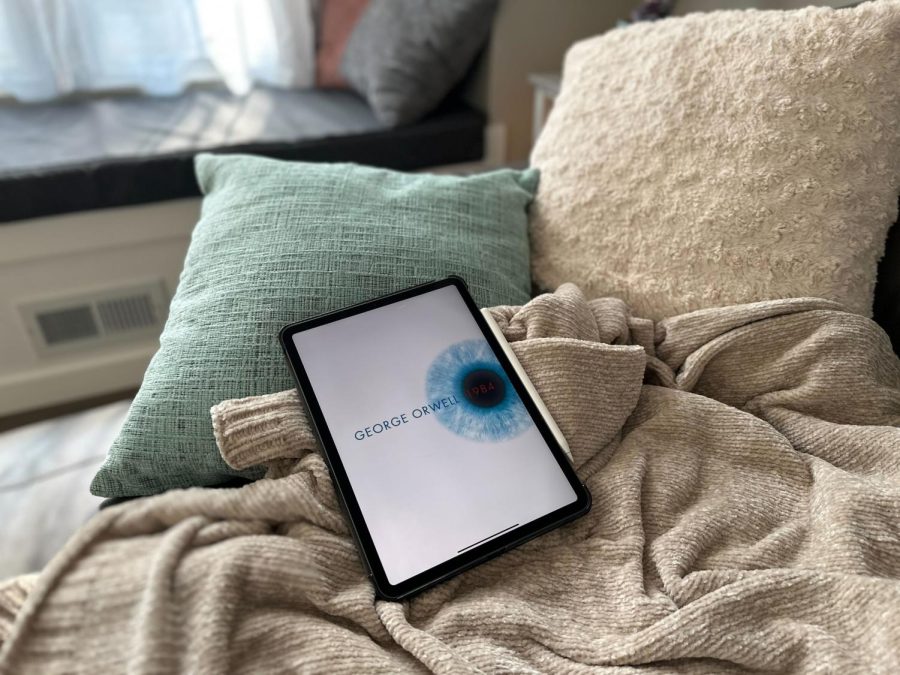Rating: 5/10
On March 5, world-renowned pop star and drag queen RuPaul Charles released his official memoir “The House of Hidden Meanings.”
RuPaul’s emergence in the world of books through his own work and involvement with the community outreach program Rainbow Book Bus is welcome amid mass book bans across the country.
RuPaul also announced the release of an online book marketplace he co-founded, Allstora. On its website, the company claims to split its profits with authors, supporting the community.
However, Allstora has come under fire in the past few weeks for selling books by problematic authors deemed as hate speech — seemingly the opposite of their message.
Get The Daily Illini in your inbox!
Eric Cervini, CEO of Allstora, has apologized, writing that “while a library should fulfill its civic duty of making all perspectives, however abhorrent, available to all, the environment I envisioned for Allstora was one that made its guests feel safe. In building that space, I failed.”
Over the past few years, RuPaul has faced scrutiny surrounding his funding of fracking — an environmentally harmful process of oil retrieval — on his Wyoming ranch. Lady Bunny, an old friend of RuPaul, said in an Instagram post discussing the press around this controversy that “Mama Ru fracks, Mother Nature dies.”
This criticism has not been addressed by RuPaul apart from him telling The New Yorker that “there’s no combination of words I can put together that would soothe the mob.”
In RuPaul’s memoir, his reaction to criticism early in his career is described as “You’re nobody until somebody hates you.” This refusal to embrace change when asked about his harmful influence on the environment could be a continuation of this thought process.
RuPaul’s story itself is interesting and at times relatable. Young people, queer people and artists may relate to his ideas of home.
He writes, “Home, I know, is right in this moment — in this body. We have houses everywhere. So I keep my bags packed, to make me resourceful such that I can make magic wherever I am.” This idea of found family and resourcefulness is present throughout the memoir.
He describes his experiences of feeling othered, being uninterested in school and ultimately feeling meant to be a star. He explains his name saying that his mother visited a psychic, who predicted her son would be famous. She gave him a name no one could forget.
He writes, “Fame, for me, was less a dream than a predestination.”
His move to Atlanta during his teenage years is speckled with theatre groups and bands he joined. RuPaul reflects on his days in Atlanta as a teenager with fondness; as the place where he began his creative career and truly found his queer identity. It is obvious that this memoir made an impact, as March 10 is now RuPaul Day in Atlanta.
He details his interest in music, specifically disco and rock. The novel includes encounters with many big names in the LGBTQ+ world like Madonna, Liza Minnelli, Diana Ross, Elton John and previously mentioned drag queen Lady Bunny. RuPaul has undoubtedly lived a large life.
Throughout the book, he reveals his drug use as an addiction, realized through helping his now-husband Georges LeBar overcome his own addiction. The memoir ends with RuPaul considering if he should continue in show business while being separated from LeBar. This ending leaves the reader filling in the gaps to where he is now and his success to come.
The writing itself is of varying depth. There are sections of the novel that feel rushed, like the brief mentions of the crack and HIV/AIDS epidemic. There are some modern phrases that slip through as well: “The opposing forces that I felt most palpably were my optimism and my cynicism, two wolves that coexisted within me.”
While RuPaul has historically been a major icon of the queer community, it is important to take current actions into consideration as well. This memoir was eye-opening to the time and place RuPaul is a product of and an interesting story of self-made growth.










